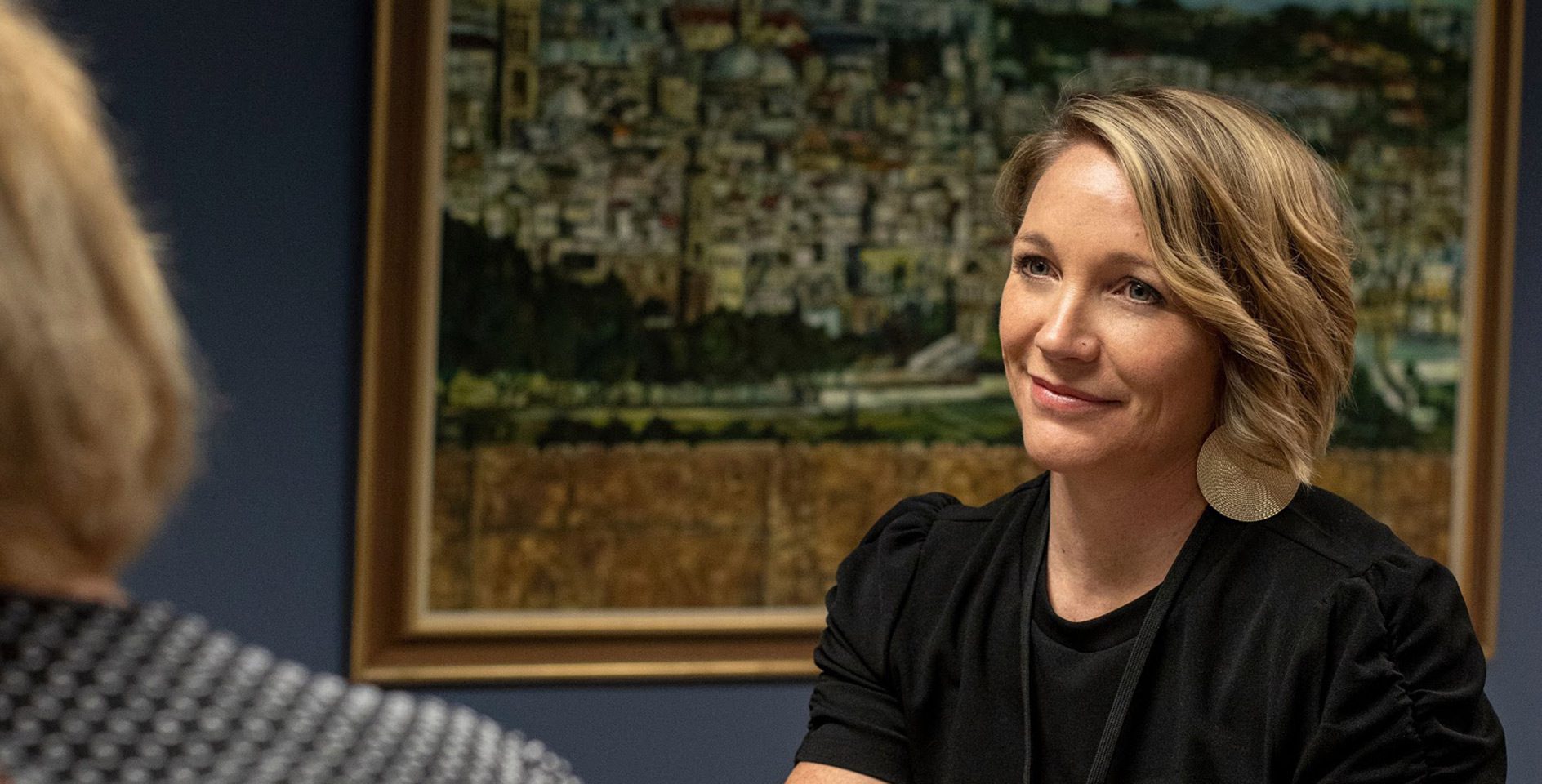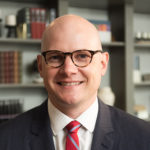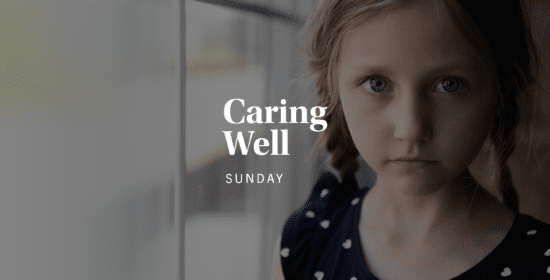In January, the International Mission Board appointed Somer Nowak to the newly created role of prevention and response administrator. This appointment was an important step for the IMB in caring well for survivors, protecting those in their care, and holding perpetrators accountable. I had the opportunity recently to speak with Nowak and hear her passion for protecting and caring for the most vulnerable.
1. You recently took a role as prevention and response administrator at the IMB. What does that role entail?
The role of prevention and response administrator at the IMB oversees areas where prevention comes in to play such as our training programs in regard to abuse, child abuse, and sexual harassment, as well as our screening process for volunteers and personnel. This role also manages our response efforts to reports or allegations of abuse. That can be anything from our legal obligations to report a disclosure to the proper authorities to assisting workers or others affected in accessing or facilitating compassionate care. This role stretches into several areas of our organization with the underlying goal of ensuring safety and providing care to those who need it.
2. What are ways God has prepared you in past roles and experiences for your current position?
God gave me a passion and love for children and education long ago. I have years of experience working with children and working on behalf of children and families. My educational background is in psychology and counseling, so God was preparing me even then to be able to understand and help families walk through difficult situations. While working with children and hearing their stories, I gained a passion for protecting their innocence. After hearing testimonies of how these innocent lives were forever changed at the hands of perpetrators, I knew I had to do my part—no matter how great or small—to help ensure other children don’t fall victim to the same intolerable situations.
God led me to a local children’s advocacy center in my hometown where I gained knowledge and experience in the field of forensic interviewing and counseling. I also gained experience working alongside law enforcement and Child Protective Services, walking child victims through the process of disclosure to court proceedings. It was during those years at the Children’s Advocacy Center and my years as a school counselor that my passion and heart grew even more for protecting children and assisting families. Then, my own children came into the world. I couldn’t help but look at them and feel an even greater sense that we all must work together to protect the most vulnerable.
3. For those who may be unfamiliar with what a child advocate does, would you tell us what you had the opportunity to do in that role?
When I worked as a school counselor, I started my talks with students by explaining, “Counselor is such a big word, and really it’s just a big word for ‘friend.’” To a child, the child advocate role is a trustworthy friend: a person who asks a child questions so they can help that child. It is a person who has the child’s best interest at heart. To the non-offending family or caregiver of a child, the child advocate is a friend who walks with them through a process that no non-offending parent or caregiver should ever walk through alone.
My role as a child advocate was first prevention education. I went into classrooms and taught children about “body safety” (age-appropriate skills and knowledge that will lessen the likelihood of a child becoming a victim of childhood sexual abuse). My role then became a forensic investigator. This was the person who conducts the initial interview with a potential child victim, helping law enforcement and Child Protective Services gain the information they need for an investigation. I also took on the role of a forensic counselor who, after the interview process was complete, continued to work with that child to process the traumatic event and possibly even prepare them for the process of court.
4. What led you to take the role of prevention and response administrator?
I am thankful that IMB’s leadership saw the need to place such an emphasis on this subject matter and begin a new fight against child harm and domestic violence. This role is not one that many people would jump at. The topic is heavy, the work is heavy, and we can all agree it’s not something that most people want to have frequent conversations about.
When I learned that our organization was making a commitment to pursue excellence in the area of prevention and response to abuse, sexual abuse, child physical/sexual abuse, and sexual harassment, I felt God saying, “This job is for you.” With my previous experience, I have the passion and commitment in my heart to navigate uncomfortable and heavy topics that may seem overwhelming for others. I couldn’t discount what God had prepared me for and the opportunity that was laid before me. It just seemed to be a perfect match.
5. What are some of your priorities for your first year in this role?
One of my top priorities for the first year is to evaluate where our organization stands in certain areas in regard to prevention and response and to see where and how we can continue to improve. Training and educating will be priorities in this new role. We want to know that all our field and home staff, along with volunteers and others working alongside our missionaries, have been properly trained in the areas of child harm and sexual harassment. Education is key to knowing the issues, understanding the issues, and then learning how we respond. We want to ensure as much as we can that everyone is made aware of our policies and how we handle cases of this nature.
6. How do you see your current role as being a vital part of the mission of the IMB?
IMB President Paul Chitwood has stated, and I wholeheartedly agree, that the prevention and response administrator position is evidence that IMB absolutely remains committed to making changes necessary to better prevent instances of child abuse and sexual harassment (including sexual assault) and to better care for victims while holding perpetrators accountable.
As I mentioned earlier, this role can be a heavy role. It brings light to actions that humans’ sinful natures want to keep in the dark. This role is crucial if Christians desire excellence in preventing and responding to abuse and harassment. There must be someone dedicated to keep shining a light on those ideals. This is an area of work that requires constant attention; therefore, having this role will help our organization keep safety at the forefront for all.
7. Your work serves the IMB, but what can churches learn from your work? What would your hope be for churches in the SBC with regards to abuse prevention and care?
Churches must talk about abuse prevention and response! It needs to be an ongoing conversation including sometimes difficult questions such as:
- What are we doing in the areas of abuse prevention and response?
- Is what we are doing meeting the goal of safety and security for our church?
- Do we need to change anything to make it better?
Questions like these should be an ongoing conversation. This issue of abuse, child abuse, and sexual harassment is not going away, and we must join together in the effort of keeping our children and families safe and secure. Make sure that as a church you are doing your best in these areas because the ramifications of not doing this well are too costly. I would also give the advice of reaching out to a local agency in your community such as children’s advocacy centers and ask how you can improve in areas of safe and secure trainings and similar initiatives. There are people with a wealth of knowledge in this area who are ready and willing to help—don’t be afraid to reach out and let them share their expertise with your congregation.
We are stronger together, and my prayer is that we combat this darkness together by doing our absolute best in our prevention and response efforts.
To learn more about and participate in abuse prevention and response efforts, visit the Caring Well Challenge site.










